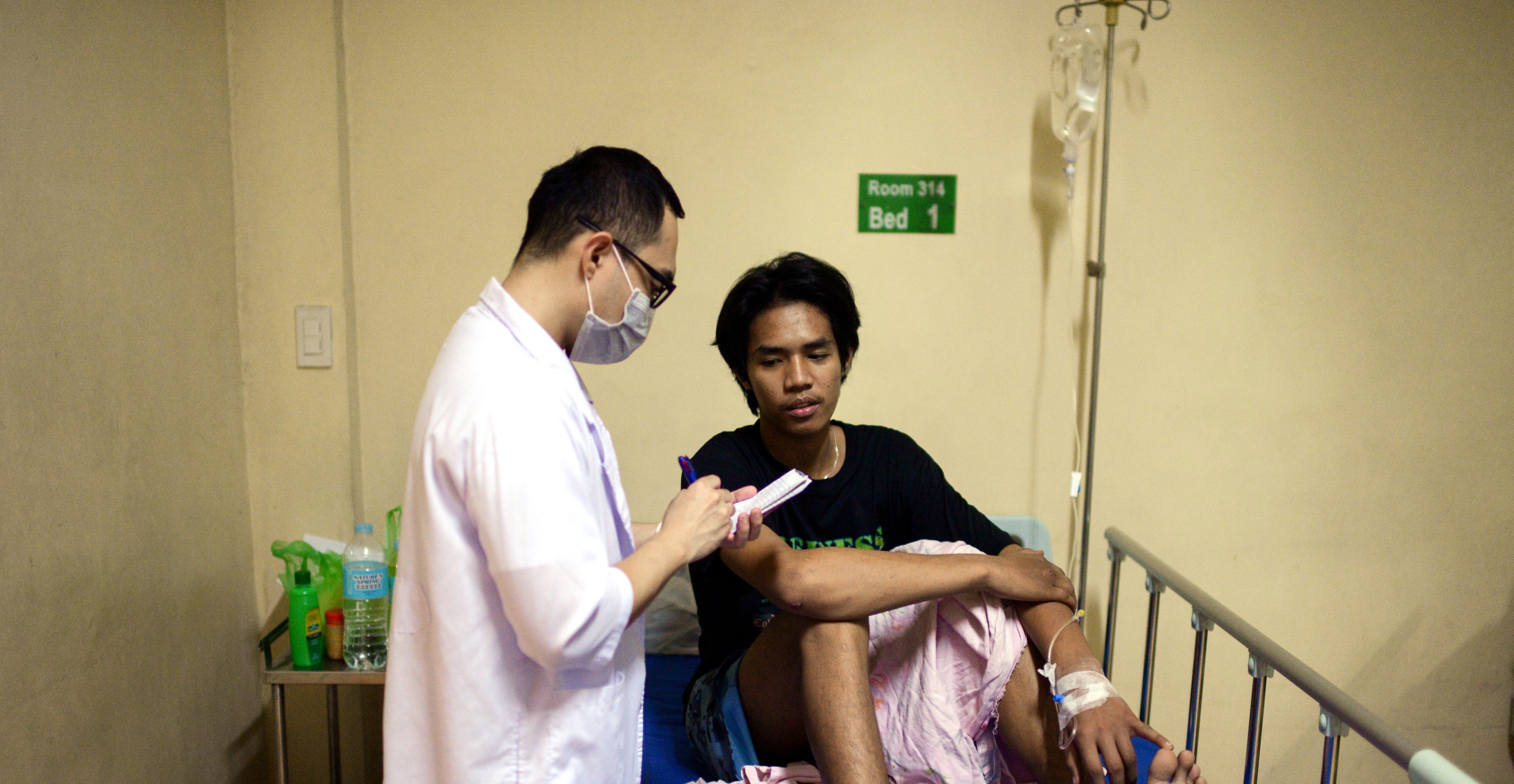COVID-19: What you need to know about the coronavirus pandemic on 6 July

Millions around the world are waiting to receive their vaccine. Image: REUTERS/Jose Luis Gonzalez
- This daily round-up brings you a selection of the latest news and updates on the COVID-19 coronavirus pandemic, as well as tips and tools to help you stay informed and protected.
- Top stories: New real-life data on Pfizer vaccine from Israel; England plans to lift restrictions on 19 July; Bangladesh to extend its restrictions.
1. How COVID-19 is affecting the globe
Confirmed cases of COVID-19 have passed 184.1 million globally, according to Johns Hopkins University. The number of confirmed deaths stands at more than 3.98 million. More than 3.22 billion vaccination doses have been administered globally, according to Our World in Data.
The New South Wales state Premier, Gladys Berejiklian, said earlier today she hopes to make a decision in the next 24 hours on whether to extend a lockdown in Sydney.
Germany's public health ministry has said that the United Kingdom, India, Nepal, Portugal and Russia were no longer 'areas of variant concern'. This reduces travel restrictions for people arriving from those countries.
Israel and South Korea have agreed to swap COVID-19 vaccine doses, with Israel sending about 700,000 expiring doses of the Pfizer/BioNTech jab later this month. South Korea will return the same number - already on order - in September and October.
The Ivory Coast has started using mobile clinics in an effort to boost its vaccination campaign.
Bangladesh has extended COVID-19 restrictions to 14 July in an effort to combat a surge in cases led by the Delta variant.
Norway has announced the easing of some COVID-19 restrictions, but has delayed the final reopening phase until at least the end of July, as a result of concerns about the Delta variant.
Luxembourg's Prime Minister Xavier Bettel is in a serious but stable condition after contracting COVID-19 and will remain in hospital for the time being, the government said yesterday.

2. Israel sees drop in Pfizer vaccine protection against infections
Israel has reported a decrease in the effectiveness of the Pfizer/BioNTech COVID-19 vaccine in preventing infections and symptomatic illness. However, Israel said it remained highly effective in preventing serious illness.
Vaccine effectiveness in preventing both infection and symptomatic disease fell to 64% since June 6, the Health Ministry said. At the same time, the vaccine was 93% effective in preventing hospitalizations and serious illness from the coronavirus.
The statement didn't say what the previous level was or provide further detail. However, Reuters reports that a May report showed two doses of the Pfizer vaccine provided more than 95% protection against infection, hospitalization and severe illness.
A Pfizer spokesperson declined to comment on the data from Israel. However, they cited other research showing that antibodies elicited by the vaccine were still able to neutralize all tested variants, including Delta, albeit at reduced strength.
How is the World Economic Forum helping to identify new technologies to fight COVID-19?
3. England set to lift most restrictions from 19 July
UK Prime Minister Boris Johnson has outlined plans to end most social and economic COVID-19 restrictions in England from 19 July. A final decision will be taken next week on whether the steps, which include ends to formal limits on social contact, the instruction to work from home, and mandates to wear face masks, would take place as planned.
"We must be honest with ourselves that if we can't reopen our society in the next few weeks, when we will be helped by the arrival of summer and by the school holidays, then we must ask ourselves when will we be able to return to normal?" Johnson told a news conference.
"We will move away from legal restrictions and allow people to make their own informed decisions about how to manage the virus."
The plans are seen as a test of whether the country's rapid vaccine rollout can prevent serious illness and hospitalization as a result of the spread of the Delta variant.
Nearly two-thirds of adults have received two doses of a COVID-19 vaccine as of yesterday, with Public Health England figures suggesting that the vaccines are highly effective at preventing severe illness or hospital admission from the Delta variant - especially after two doses.
Don't miss any update on this topic
Create a free account and access your personalized content collection with our latest publications and analyses.
License and Republishing
World Economic Forum articles may be republished in accordance with the Creative Commons Attribution-NonCommercial-NoDerivatives 4.0 International Public License, and in accordance with our Terms of Use.
The views expressed in this article are those of the author alone and not the World Economic Forum.
Stay up to date:
COVID-19
Forum Stories newsletter
Bringing you weekly curated insights and analysis on the global issues that matter.
More on Health and Healthcare SystemsSee all
Mille Sofie Stenmarck Korsgaard and Daniel Holth Larsen
November 20, 2025






